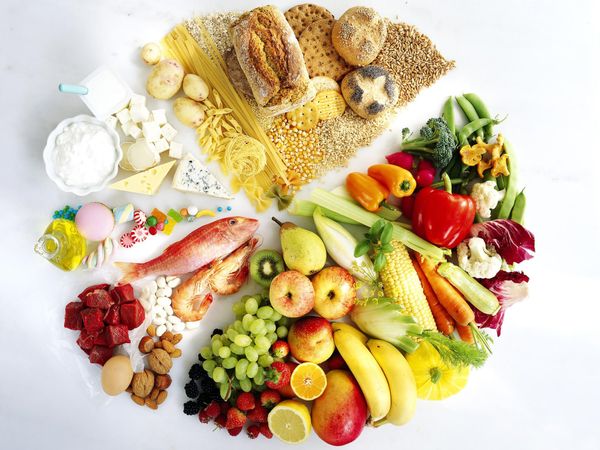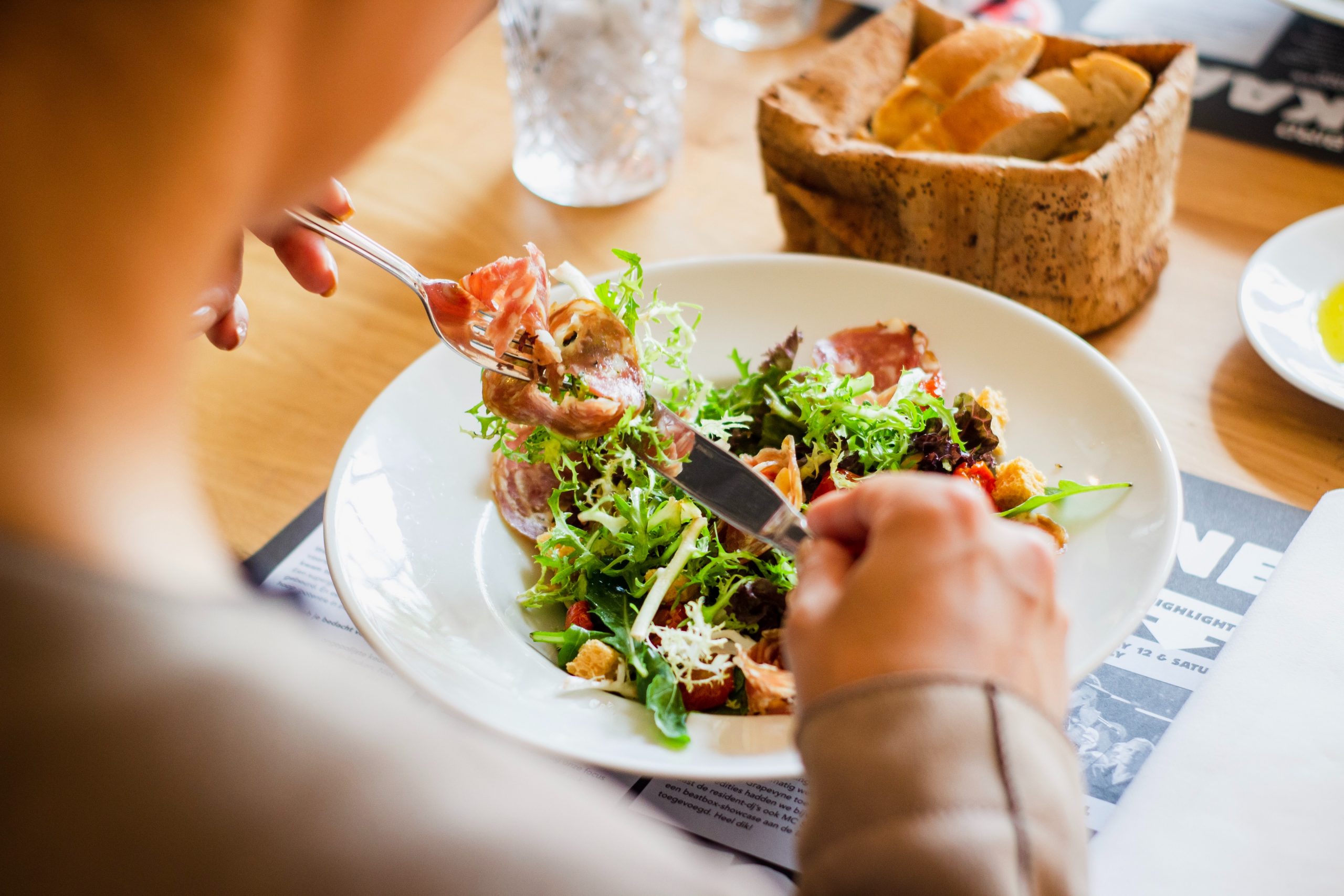Whether you are packing lunches for your family or trying to improve your own lunch habits, planning the mid-day meal for on-the-go is a weekly, if not daily chore. It is obvious that what we eat for lunch affects our own well-being, but it can also take a toll on the planet. There are simple steps you can implement now to enjoy a lunch that supports your goals to be healthy and environmentally-conscious.
Reusable Containers Reduce Trash
When packing lunch opt for eco-friendly lunchboxes, totes and bento boxes. You can swap-out plastic sandwich baggies for washable and reusable silicone storage bags that won’t end up in the landfill. Avoid relying on other single-use plastic products like plastic straws, flatware and water bottles. It’s super easy to pack reusable metal straws, utensils and stainless steel water bottles. Plus, these reusable items will likely save you money over the long-term.
Enjoy More Plant-Forward Meals
It is widely accepted that consuming plant-based meals made from whole grains, vegetables, fruit, beans, seeds, and nuts are not only better for us, but they are better for the planet. The average American will eat over 200 pounds of meat and chicken this year, which scientists says far exceeds what is sustainable for the planet. A plant-based diet helps reduce greenhouse gases as animal-sourced foods use vastly more water and land to produce while emitting more carbon than do plant foods. While this doesn’t mean that we must entirely stop eating animal meat and dairy, reducing the frequency and amount of these foods is a start.
Steer Away from Excess Packaging
Carry out food packaged in disposable boxes can lead to an alarming amount of trash. The packaging and wrappers from single portion snacks and convenience items also contribute to an excessive amount of waste. Homemade meals and simple snacks without the packaging like fruit, bulk bin nuts and seeds, and sliced vegetables are more nutritious while also environmentally sustainable. A meal service company called Methodology offers conveniently prepared healthy meals and snacks stored in reusable glass jars delivered right to your doorstep. The jars are picked up, sanitized, reused and recycled, helping to minimize packaging waste that is so common with other home-delivered meal services.
Cut Back on Food Waste
Nearly one-third of perfectly good food produced worldwide going straight to the trash. That’s an astounding amount of food waste. We can do our part to reduce food waste by purchasing and preparing only what we plan to eat. This often means eating leftovers. Repurpose leftover meals into new meal ideas to enjoy for lunch. Leftover hot foods can be brought to work or school in a hot thermos. Try adding leftover chicken, steak or roasted veggies, for example, to a salad to enjoy the next day. Planning out your weekly meals can help you prevent buying too many groceries while using up leftovers.

Source: Daily News
Here are five easy strategies for a more healthful and environmentally sustainable lunch plan:
1. Whether eating out or bringing lunch from home, choose meals with plant protein sources more often like beans, lentils, nuts, seeds and whole grains. You can also experiment with some alternatives to dairy like using oat milk in your coffee instead of creamer or grabbing a non-dairy yogurt as a snack.
2. Steer away from single-use plastic products. Try eliminating one kind at a time by finding a suitable substitute like asking for no plastic lid and straw at restaurants or bringing your own reusable water canteen on-the-go.
3. Swap out paper lunch bags and plastic zip bags for a reusable tote and washable, silicone storage bags and eco-friendly food containers.
4. If your officemates like to order take out regularly, suggest a weekly or monthly potluck style lunch of homemade foods helping to reduce trash from disposable carryout containers.
5. Repurpose your dinner leftovers into easy lunches helping to save time and money while reducing food waste.
More on Nutrition & Weight Loss






Leave A Comment
You must be logged in to post a comment.